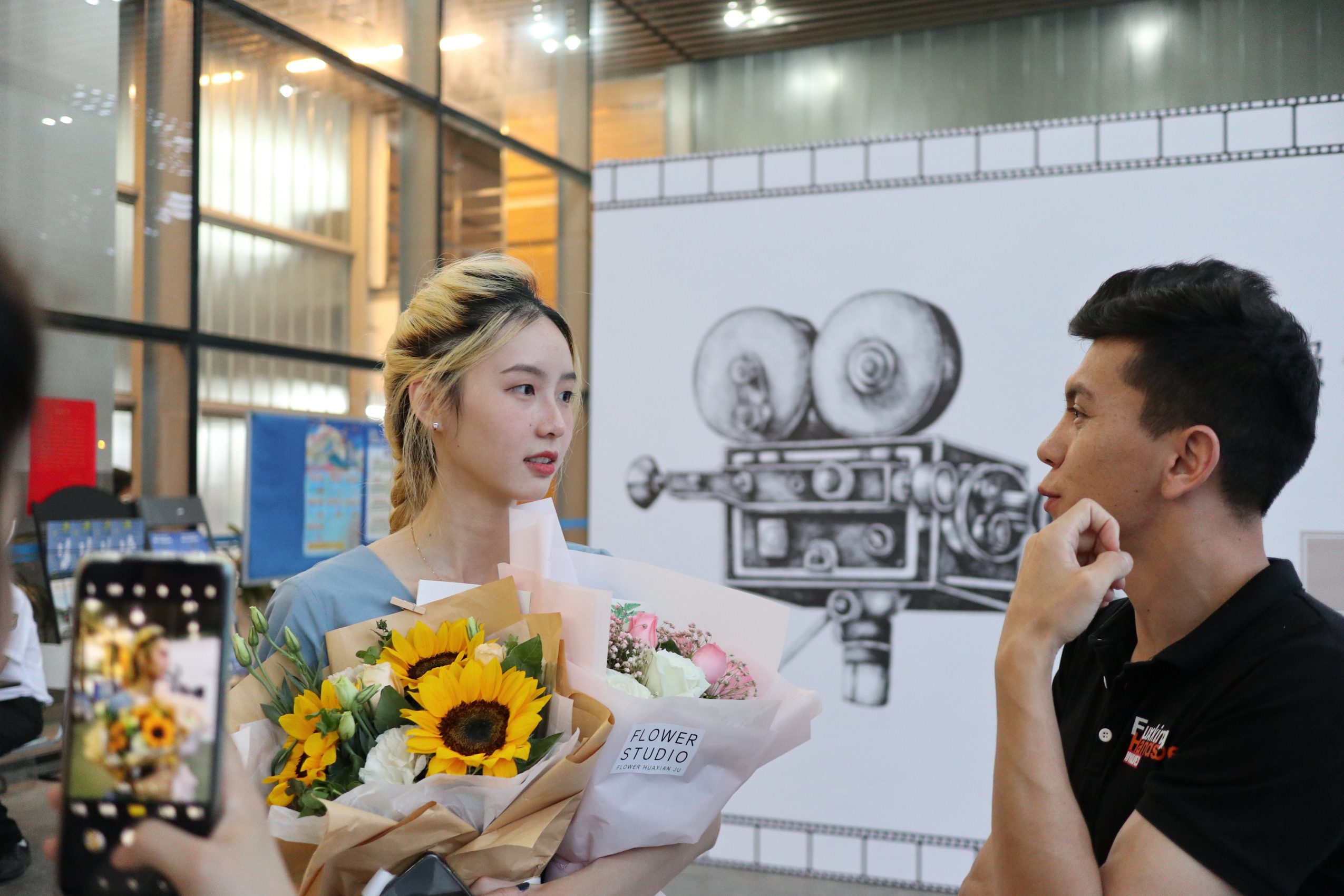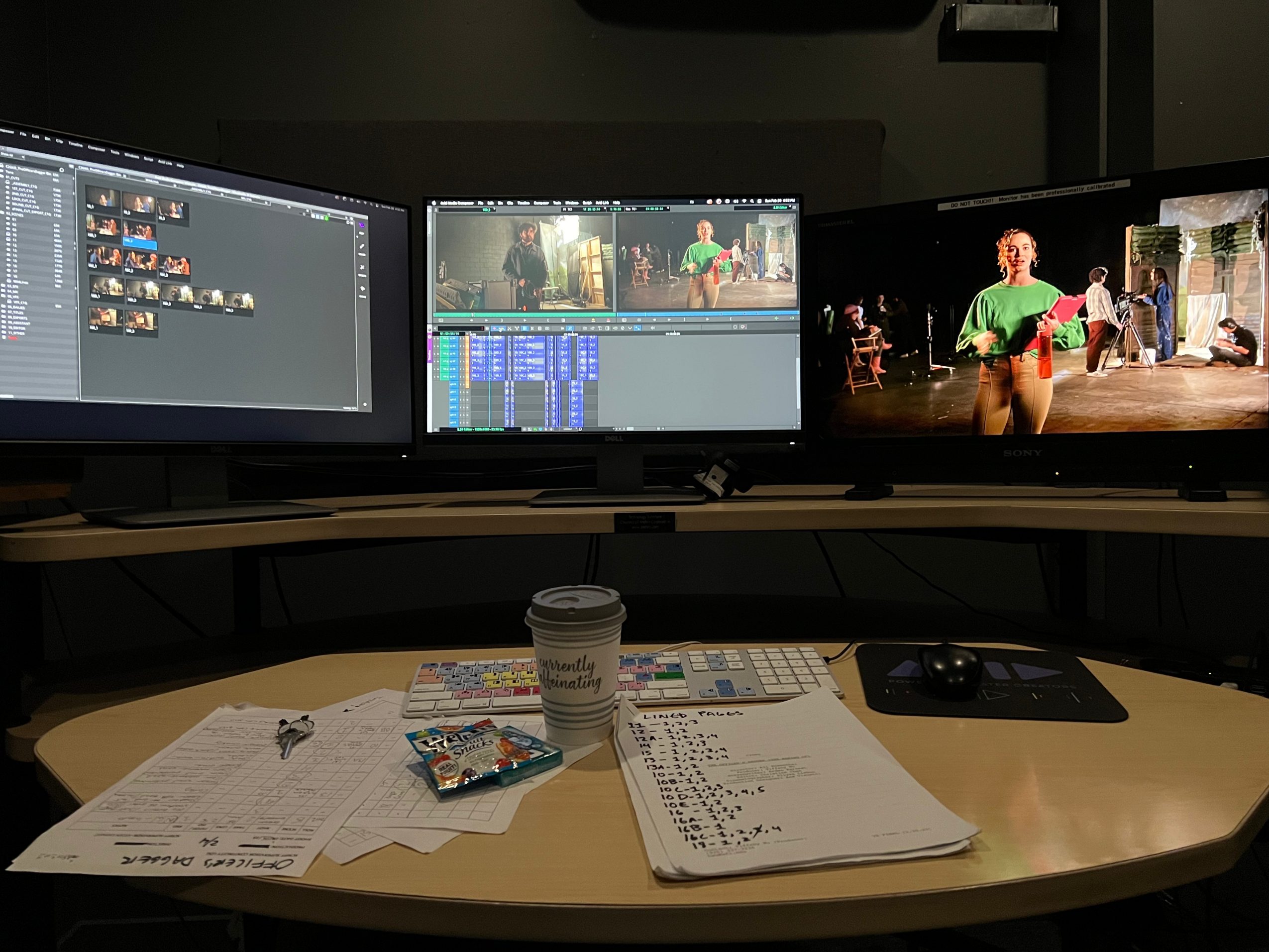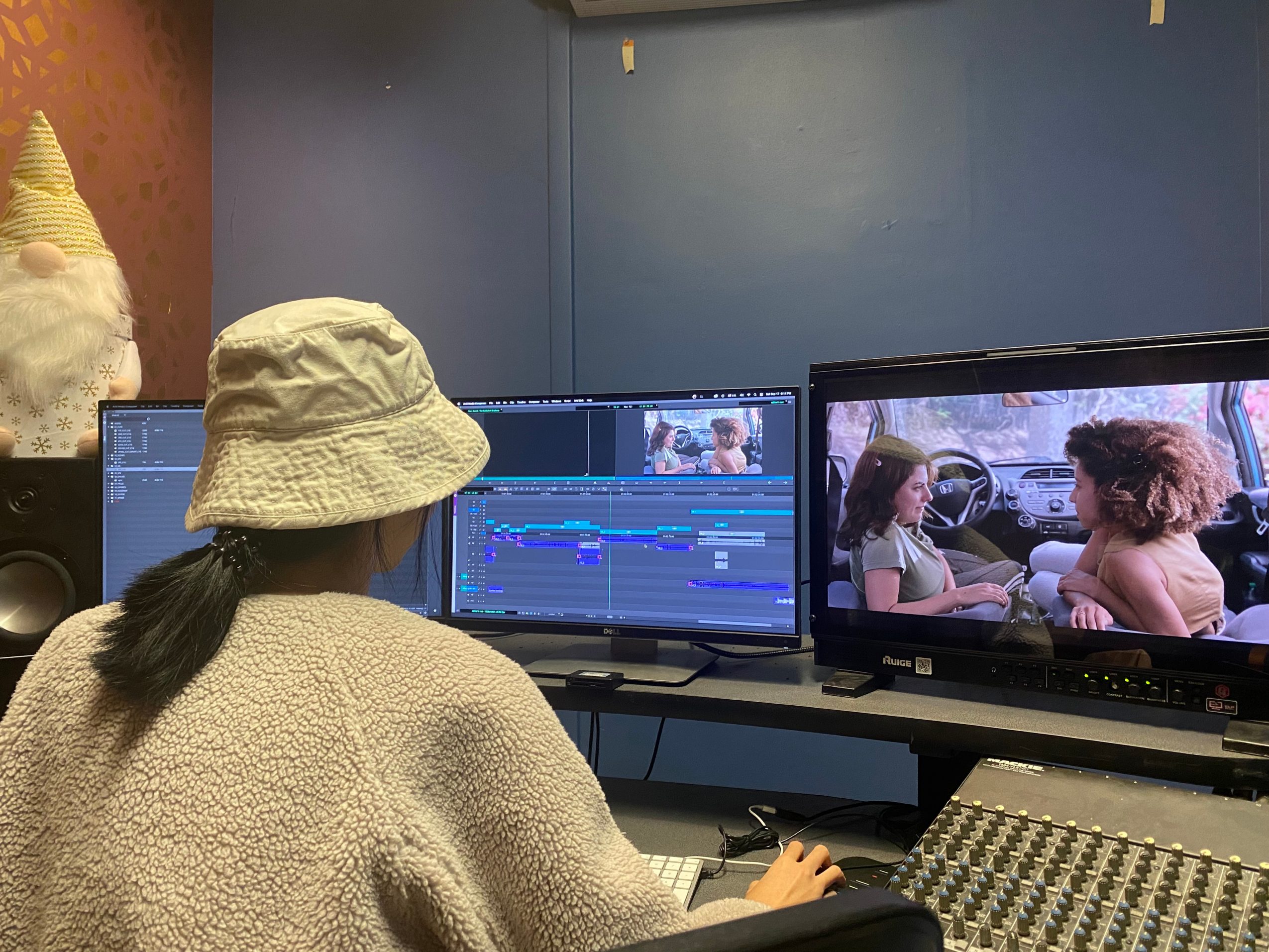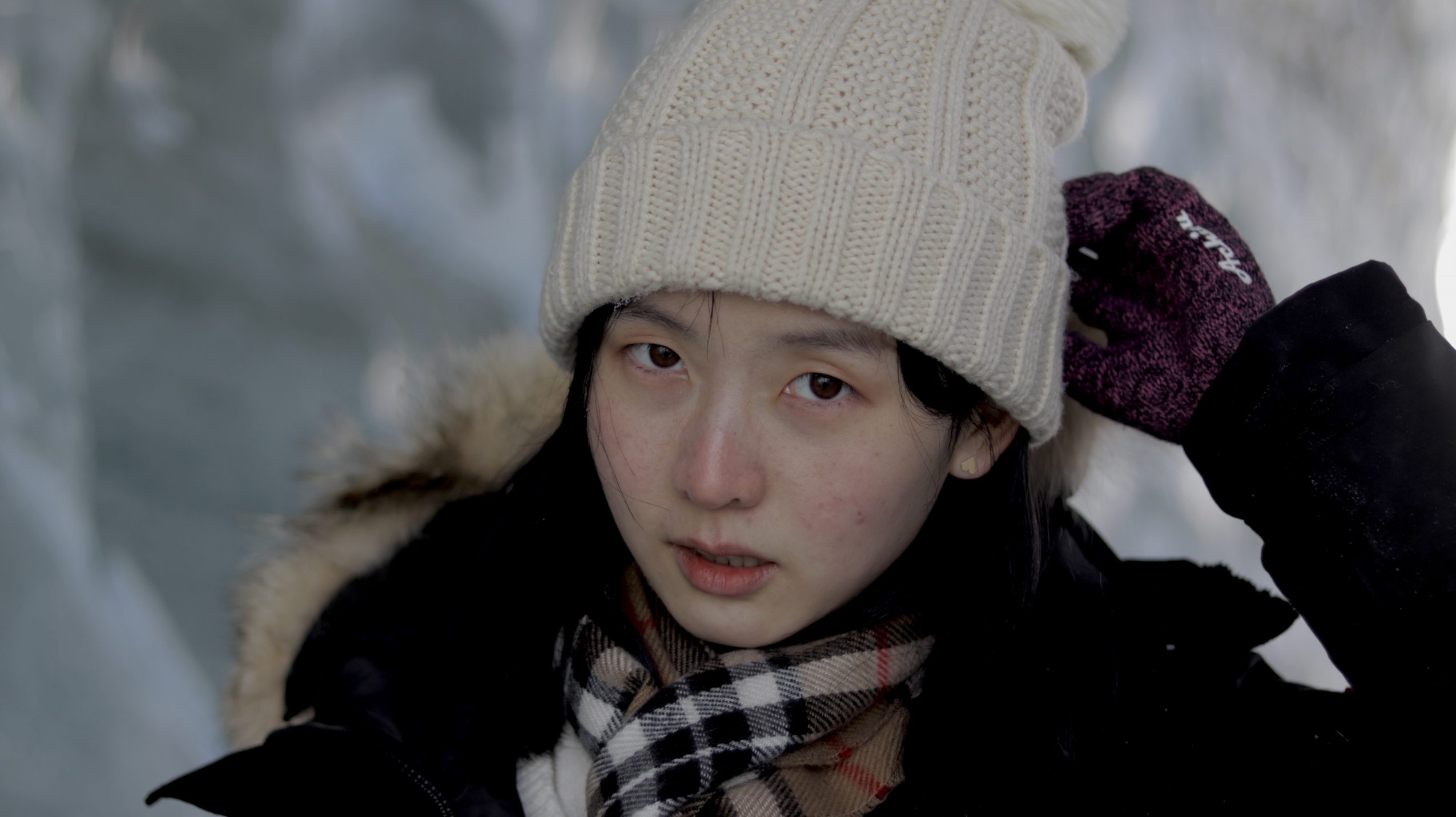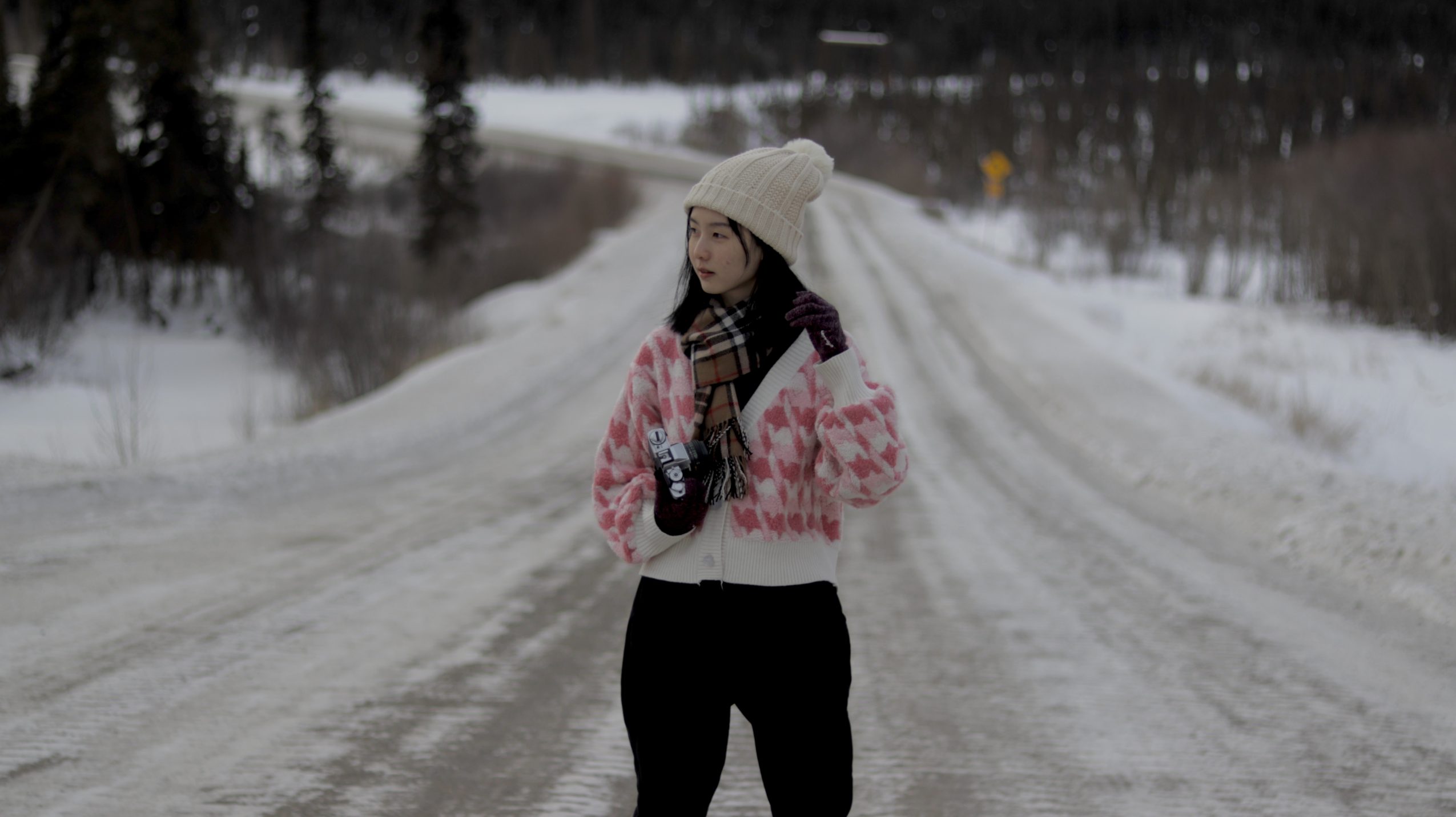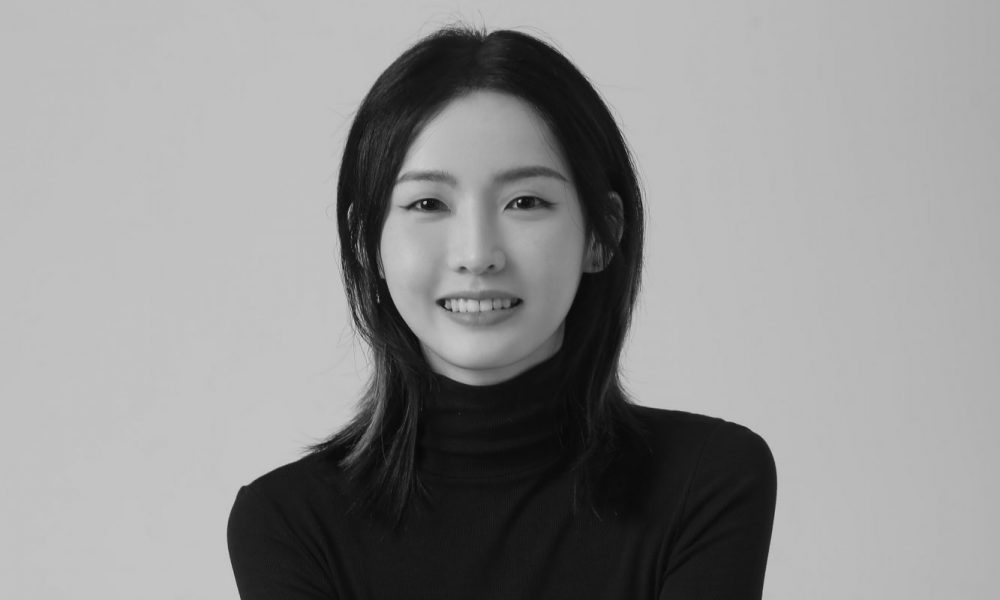

Today we’d like to introduce you to Christine Chen.
Alright, so thank you so much for sharing your story and insight with our readers. To kick things off, can you tell us a bit about how you got started?
Hi! I’m Tianxiao Chen, and you can call me Christine! I am a film editor currently based in Los Angeles. I was born in Shenzhen, China, and I spent most of my life there. When I was young, suffering had prevented me from seeing the creative facet in my being, and I now realize that creativity can be a healing force in my life. Whenever I use a camera to create visual images, I am consumed with satisfaction. When difficulties in life challenge me, I always imagine a camera is filming me, depicting my life in balance when I feel out of balance. This idea is a source of energy and strength to confront any unknowns and difficulties that cross my path.
I directed my 30-minute thesis film in my undergraduate. As I interacted with my first audience, I became increasingly aware of their limited understanding of “woman”. Society has kept works about women and feminism marginalized in mainstream society. So, it’s no wonder that the audience didn’t embrace open-mindedness for the answers to the questions surrounding “what constitutes a woman”. In the face of this reality, I want to be vocal from a woman’s perspective through the art and craft of filmmaking. I reflect myself to tell a story, and in doing so I obtain insights from my stories on a deeper level.
My undergraduate study has equipped me with a good command of film production knowledge. When I got acquainted with different techniques of film production, I found myself greatly attracted to editing. For example, I enjoy watching baseball games very much. The players only focus on the rushing strength of the ball in the air, which creates a momentary pause at their every glimpse and breath. This state is like the “flow state” I enter when editing a film. Time and space seem to disappear. I am completely immersed in the editing process. I enjoy piecing together fragmented images into segments that can potentially resonate with people and make them understand and feel the story. Even though editing multiple pieces of footage is an intricate process, the satisfaction of seeing the entire work as an organic, emotional entity brought into being is incomparable.
Considering my passion in editing, I came to AFI as an editing fellow. After the first year of study, I exploit fully the possibilities of editing as much as I can. Moreover, I become more clear about my career path in the future as an editor.
Can you talk to us a bit about the challenges and lessons you’ve learned along the way. Looking back would you say it’s been easy or smooth in retrospect?
No. My parents didn’t support me in choosing filmmaking as my undergraduate major. Instead, I studied Bioengineering. However, my dream of studying film did not fade away; on the contrary, it became even more intense after I took several film-related courses during my undergraduate studies. Impressed by my enthusiasm and achievements in filmmaking, my parents finally changed their minds. They supported me in pursuing Filmmaking as my second degree in my undergraduate studies and studying film in my graduate studies further. From another perspective, I was lucky. I gained the opportunity to study two different majors in my undergraduate years simultaneously.
On the one hand, the film-related studies deepened my insights about film art, particularly in the sense of social responsibility that filmmakers should have. I paid more attention to ordinary people and human beings’ fates, other than mere individuals, to expose more about social problems and human dilemmas through my films. On the other hand, the study of biology enabled me to understand people from the human body’s mechanism and ultimately to understand people in an emotional way with the combination of film art. Both of these majors help me understand and create better characters.
Thanks – so what else should our readers know about your work and what you’re currently focused on?
Over the years, I’ve directed a few short films which is about identity, female expectations, and growth. Some of them were nominated for a series of international film festivals. Since I came to AFI, I edited different genres of shorts includes drama, comedy, and mockumentary. Through these projects, I explored different styles of editing, elegantly using it to express the essence of my filmic vision. For now, I am ready to live the rest of my life with the professional identity of an editor.
Currently, I am working on my AFI thesis film, which is about a single mother must go to extreme lengths in order to provide Thanksgiving dinner for her children. It is about motherhood, humanizing the outlaw, poverty, and freedom. I’m really excited to bring this special realistic drama to the audience through editing.
Is there anything else you’d like to share with our readers?
For me, cinema is about personal stories. I want to explore the complexities of life through films and cannot wait to visualize more relatable stories as an editor.
